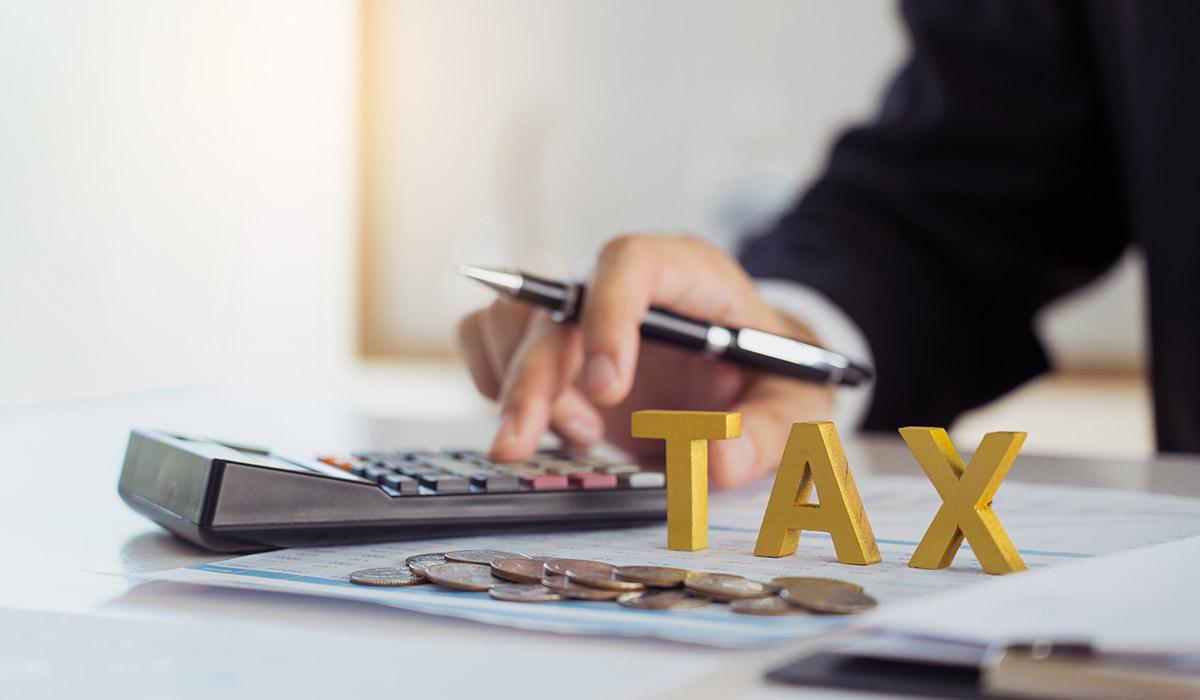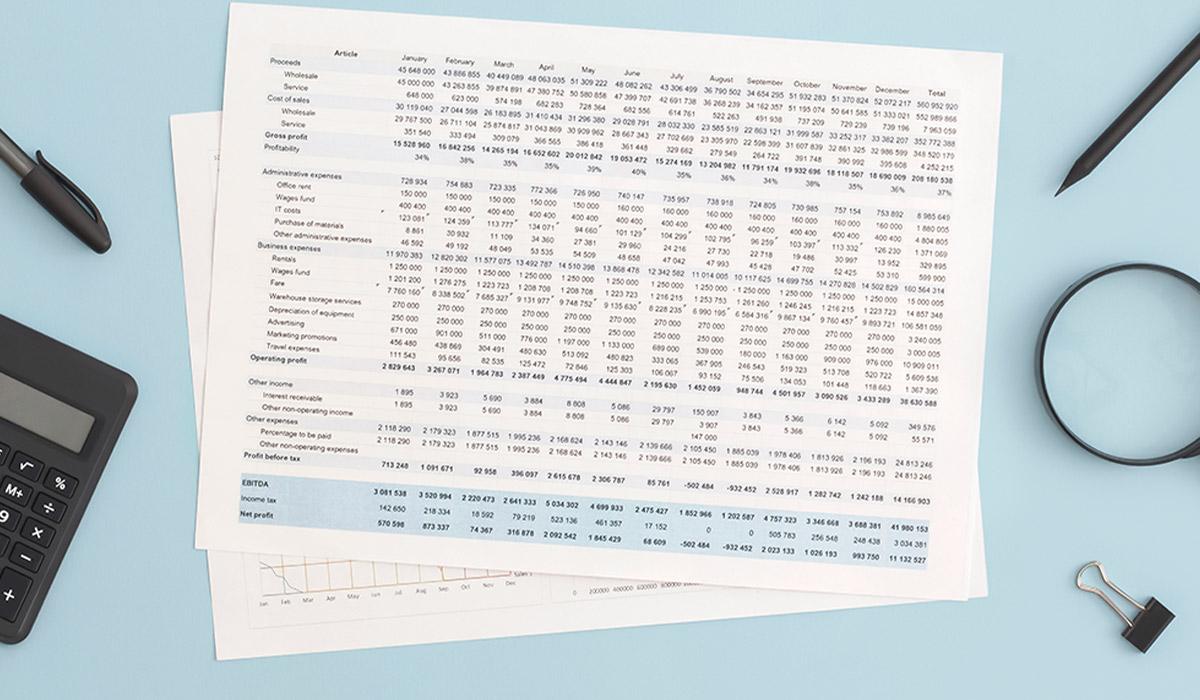Global Minimum Tax and Hong Kong Minimum Top-Up Tax for Multinational Enterprise Groups
In July 2021, Hong Kong adopted the OECD’s international tax reform framework under the BEPS 2.0 initiative, which addresses cross-border tax evasion, especially in the digital economy. This framework introduces a global minimum tax for multinational enterprises (MNEs) to ensure a fairer taxation system. The Hong Kong Government announced in its 2024-25 Budget that it would implement this global minimum tax along with a Hong Kong Minimum Top-Up Tax (HKMTT), effective from 2025, to comply with OECD standards and tackle base erosion and profit shifting risks.
Pillar Two of BEPS 2.0: The global minimum tax is set at 15% for MNEs with consolidated revenues of EUR 750 million or more in two of the four preceding years. The tax is applied through two mechanisms:
- Income Inclusion Rule (IIR): This rule imposes a top-up tax on MNE groups with low-taxed entities, ensuring the group’s overall effective tax rate (ETR) meets the 15% threshold.
- Undertaxed Profits Rule (UTPR): A backup rule to ensure that top-up tax is collected if not covered by the IIR.
Implementation in Hong Kong: Hong Kong has integrated the OECD’s GloBE Model Rules into its Inland Revenue Ordinance (IRO) with necessary adaptations. Under this system, MNEs must determine the location and income of each entity, calculating the ETR for each jurisdiction they operate in. The HKMTT will apply priority over IIR and UTPR, ensuring that MNE groups with low-taxed entities in Hong Kong pay top-up tax to meet the global 15% tax rate.
Key Features of the HKMTT:
- It targets low-taxed entities in Hong Kong and operates similarly to the OECD framework.
- Investment and insurance investment entities are excluded to preserve tax neutrality.
- MNEs may benefit from safe harbours, reducing compliance burdens if specific conditions are met.
Tax Compliance and Administration:
- MNEs must file a top-up tax return within 15 months of the fiscal year end, with an extended deadline of 18 months for the first year. They can designate one entity to file on behalf of the group.
- A top-up tax notification must also be filed annually within six months of the fiscal year end, detailing the MNE’s compliance.
- Failure to comply with reporting and filing obligations will result in penalties similar to those for profits tax under the IRO.
Anti-Avoidance and Qualified Rules: To prevent abusive practices, anti-avoidance measures have been introduced, ensuring that tax rules are applied correctly. Additionally, Hong Kong’s GloBE rules must be consistent with OECD standards to achieve “qualified rule status” during the OECD peer review process, ensuring the effectiveness of the global minimum tax.
In conclusion, Hong Kong’s adoption of the global minimum tax and HKMTT from 2025 reflects its commitment to international tax standards, reducing the incentives for tax base erosion and profit shifting, and improving tax compliance for MNEs operating in Hong Kong.















